Never think that war, no matter how necessary, nor how justified, is not a crime
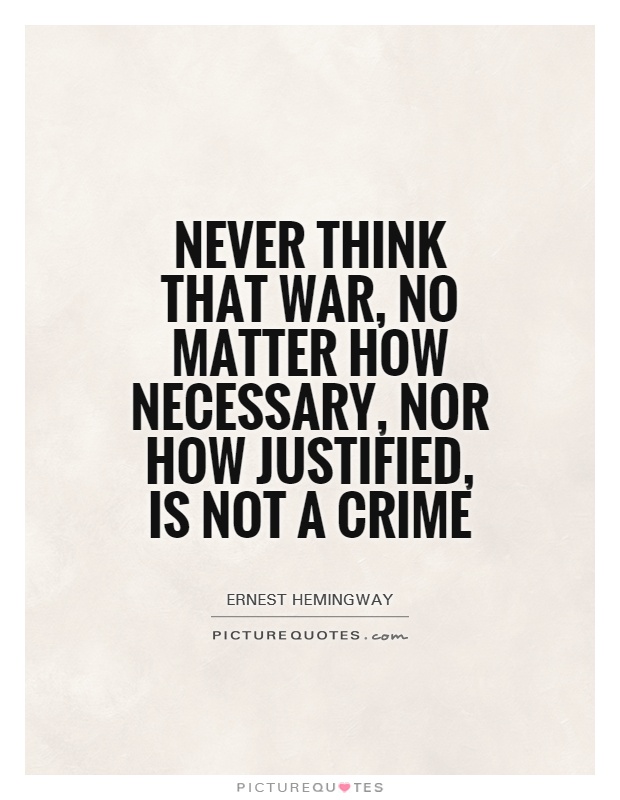
Never think that war, no matter how necessary, nor how justified, is not a crime
Ernest Hemingway, a renowned American author and journalist, was no stranger to the horrors of war. Having served as an ambulance driver during World War I and as a war correspondent during the Spanish Civil War and World War II, Hemingway witnessed firsthand the devastating effects of armed conflict on individuals and societies. His experiences on the frontlines undoubtedly shaped his views on war, leading him to believe that no matter the circumstances, war is ultimately a crime.In his novel "For Whom the Bell Tolls," Hemingway explores the moral complexities of war through the story of Robert Jordan, an American dynamiter fighting with the Republican guerrillas in the Spanish Civil War. Throughout the novel, Jordan grapples with the ethical dilemmas of his mission, questioning the morality of killing and destruction in the name of a greater cause. Hemingway uses Jordan's internal struggles to convey the message that war, no matter how necessary or justified it may seem, is inherently criminal in nature.
Hemingway's own experiences in war further reinforced his belief that violence and bloodshed can never truly be justified. In his non-fiction work "Death in the Afternoon," Hemingway reflects on the brutality of bullfighting as a metaphor for the senseless violence of war. He argues that both activities are rooted in a primal urge for dominance and control, leading to the unnecessary suffering of living beings. Hemingway's condemnation of war as a crime is evident in his writing, where he portrays the devastating impact of conflict on individuals and communities.
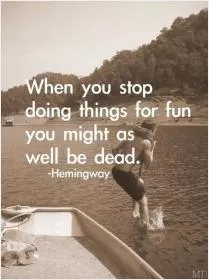

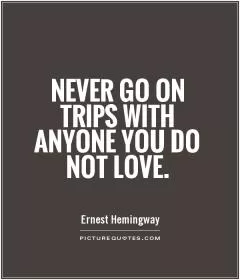


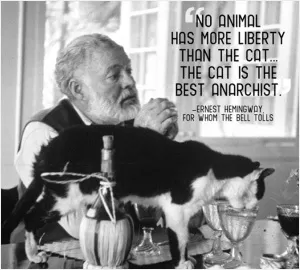

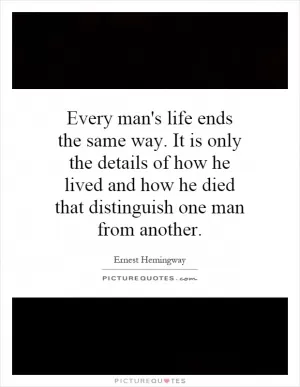
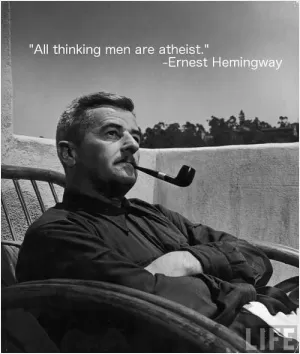

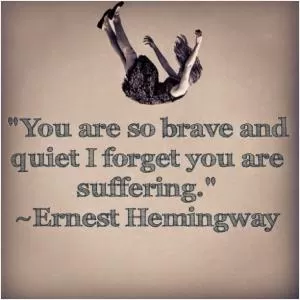
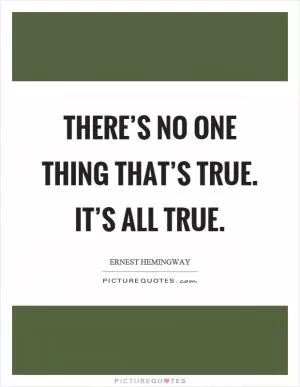
 Friendship Quotes
Friendship Quotes Love Quotes
Love Quotes Life Quotes
Life Quotes Funny Quotes
Funny Quotes Motivational Quotes
Motivational Quotes Inspirational Quotes
Inspirational Quotes